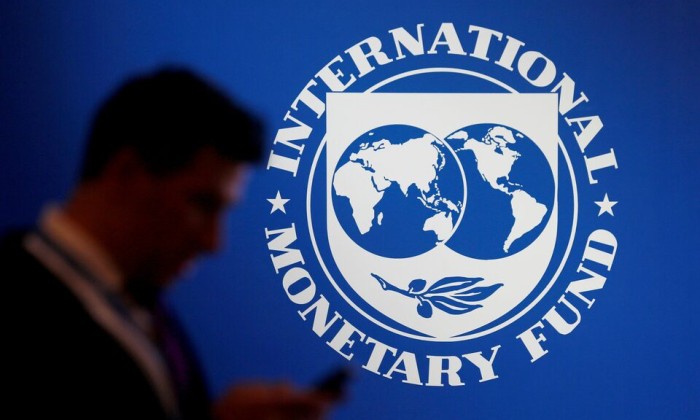


Sovereign debt expert Brad Setser, Senior Fellow at the Council on Foreign Relations (CFR), criticized Sri Lanka’s decision to proceed with its bondholder deal, which was finalized before the recent election. He pointed out that Sri Lanka’s debt sustainability analysis (DSA), conducted by the IMF, was flawed, leading to an unsound debt restructuring process. Setser argued that the analysis used a market access debt sustainability framework that didn’t adequately limit debt service to revenue or the net present value of external debt. This framework set overly generous public debt limits, with targets of 105% of GDP in 2028 and 95% in 2032, contributing to potential future financial instability.
Setser warned that Sri Lanka’s economic growth forecasts were underestimated, while debt targets were overestimated, creating conditions that could push the country back into default by 2028 or 2029. He explained that bondholders managed to secure more favorable terms, which allowed them to benefit from any GDP growth above the IMF’s projections, potentially resetting debt service obligations upward without adjusting the debt-to-GDP ratio. Setser criticized the IMF for not imposing stricter constraints on key debt variables and for wrongly concluding that Sri Lanka had a high public debt-carrying capacity, which jeopardized the country’s long-term fiscal sustainability.